President Bola Tinubu’s recent cabinet reshuffle, which saw the removal of five ministers, including the Minister of Education, Professor Tahir Mamman, has sparked reactions across Nigeria.
While it may come as no surprise that the education sector has faced widespread criticism, Mamman’s departure raises important questions about the future of education in the country. What went wrong, and what should the next Minister of Education prioritise to address the pressing issues in this critical sector?
There is no denying that the challenges facing Nigeria’s education system are complex and deep-rooted. From chronic underfunding to strikes by university unions, dilapidated infrastructure, and outdated curriculums, these problems have persisted across several administrations. However, the slow pace of reforms during Professor Mamman’s tenure has been a focal point of dissatisfaction. Expectations were high when he took office, but many feel the progress made was insufficient.
Under Mamman, there were efforts to strengthen teacher training and capacity building, but these initiatives failed to address the structural issues plaguing the sector. Higher education, in particular, continues to struggle. Public universities are in dire need of funds, with many institutions operating in poor conditions, lacking adequate facilities, and unable to offer students the necessary resources for effective learning. The constant threat of strikes from unions like ASUU has also disrupted the academic calendar, leaving students in a perpetual state of uncertainty.
Prof. Mamman’s removal comes two weeks after the unveiling of the new curriculum for basic education in Nigeria, scheduled to begin in January 2025. It remains uncertain whether the new curriculum will launch as planned under the new minister. Additionally, Mamman’s tenure faced controversy due to the Federal Government’s introduction of an 18-year age limit for admission seekers into Nigeria’s tertiary institutions. These policy moves, while aimed at reform, contributed to the criticisms of his leadership, as many viewed them as inadequate responses to the broader challenges within the sector.
This reshuffle offers President Tinubu’s administration an opportunity to refocus and deliver on its promises of revitalising education. The new Minister of Education will face the enormous task of not only fixing what’s broken but also driving innovative change to bring Nigeria’s education system in line with global standards.
First and foremost, the funding crisis needs urgent attention. For too long, education in Nigeria has been underfunded, with federal allocations falling far below the recommended benchmarks. Addressing this issue will require a commitment to significantly increase funding, but beyond that, ensuring accountability and transparency in how these funds are utilised is key. More investment is needed in infrastructure, teacher salaries, and resources to ensure schools and universities can operate at an optimal level.
Reforming the curriculum is another priority. In today’s globalised world, Nigeria’s education system must be aligned with the skills and competencies required for the 21st-century workforce. This includes incorporating more technology, critical thinking, and vocational training to prepare students for the future. With a growing population of young people, the next minister must be proactive in ensuring that the education sector is not just producing graduates but equipping them with the skills needed to thrive in a competitive global economy.
Equally important is building a more inclusive education system. Access to quality education remains a challenge, especially for students in rural areas and underserved communities. Bridging this gap will require targeted interventions, including better facilities, more teachers, and increased access to digital learning tools. The new minister will need to focus on ensuring equitable education for all, addressing regional disparities, and improving literacy rates nationwide.
Perhaps the most critical issue is engaging with stakeholders. One of the key criticisms of Mamman’s tenure was the perceived disconnect between the ministry and the stakeholders in the sector, including teachers, unions, and students. Effective communication and collaboration are crucial for the success of any reforms. The next Minister of Education must work closely with unions to resolve disputes amicably, without resorting to endless strikes that harm students. This dialogue must be underpinned by a genuine commitment to addressing the concerns of educators and finding long-term solutions.
That being said, it is also important to recognise that no single individual can fix all of Nigeria’s education problems overnight. The systemic issues are vast, and it will take time, resources, and consistent political will to see meaningful change. The new minister, whoever that may be, will need the support of not just the government but also the public, teachers, parents, and students to drive the necessary reforms.
In conclusion, the reshuffling of the education minister signals a critical juncture for Nigeria’s education sector. The challenges are well-documented, but with the right leadership, there is hope for progress. The next minister must focus on solving the funding crisis, reforming the curriculum, promoting inclusivity, and engaging with key stakeholders to deliver real, lasting change. The stakes are high, and the future of millions of Nigerian students hangs in the balance. It is a challenge, but it is also an opportunity for transformation. Let’s hope it is seized.




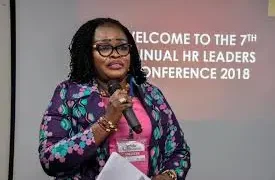

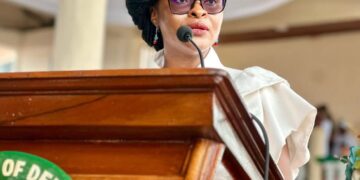























































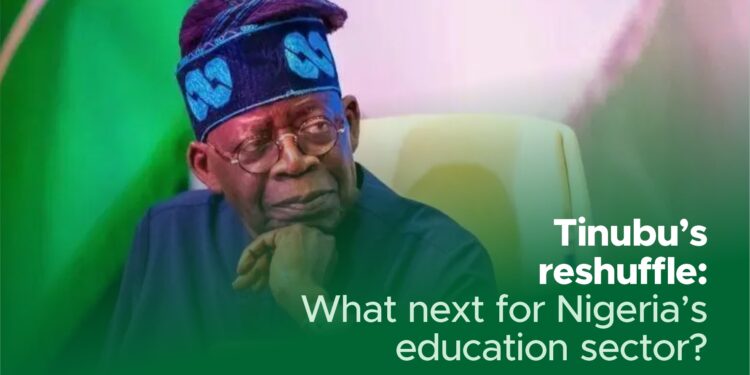




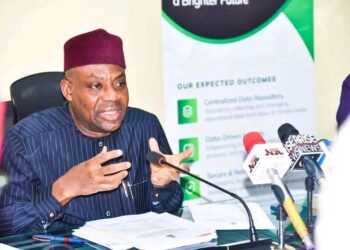

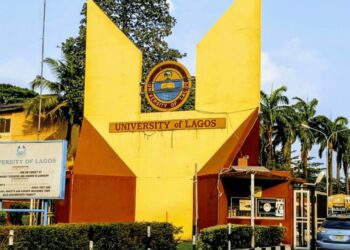

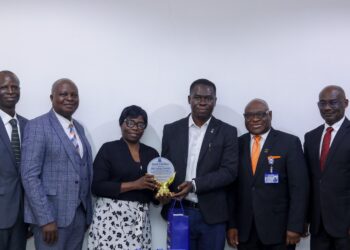
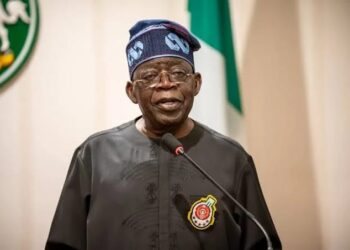










 EduTimes Africa, a product of Education Times Africa, is a magazine publication that aims to lend its support to close the yawning gap in Africa's educational development.
EduTimes Africa, a product of Education Times Africa, is a magazine publication that aims to lend its support to close the yawning gap in Africa's educational development.